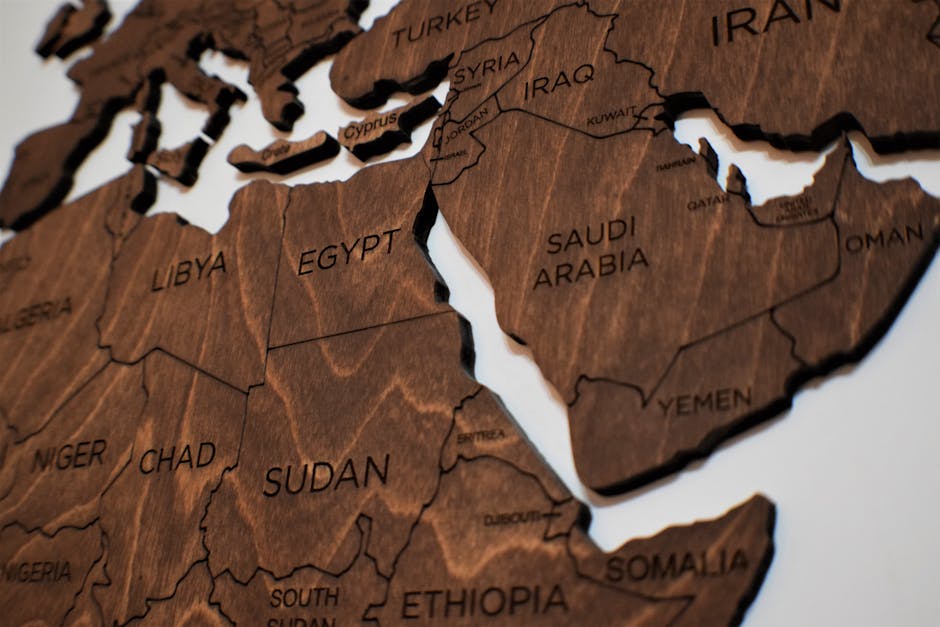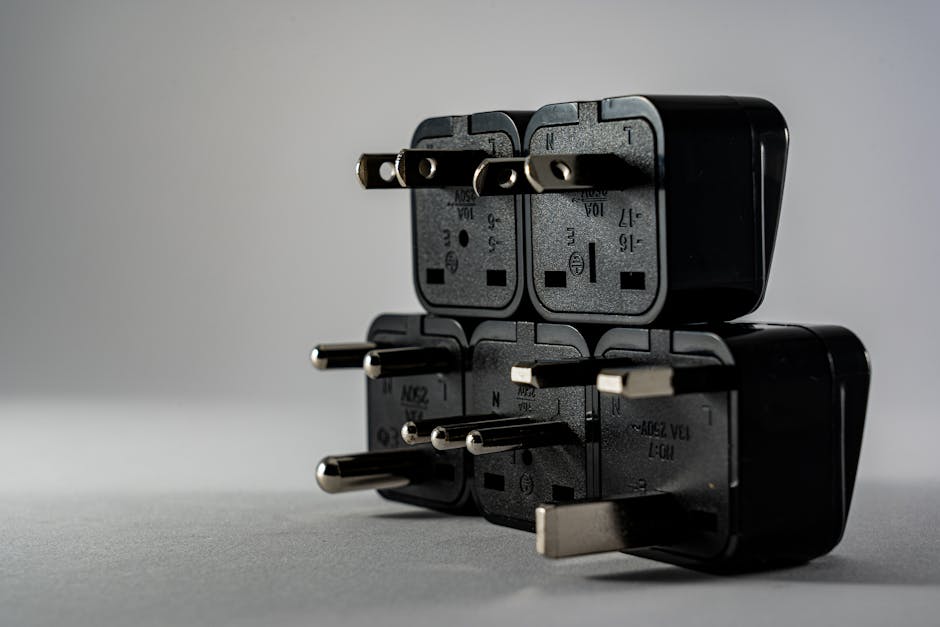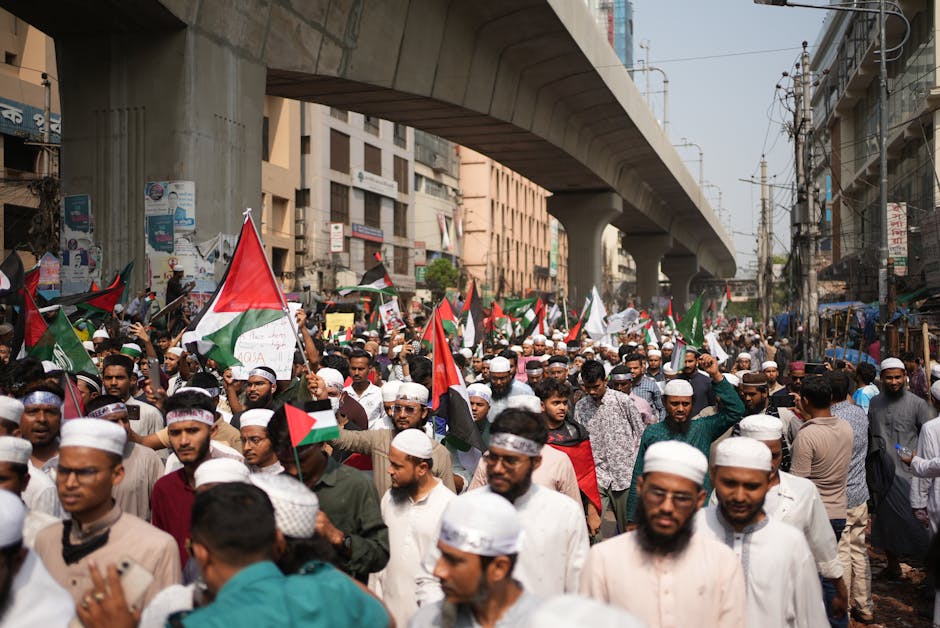The fragile calm along the Israel-Lebanon border has been shattered by escalating conflict, with Beirut issuing a blistering condemnation of what it terms Israel’s “deliberate and dangerous” intensification of attacks. The sharp rebuke comes as international mediators, including the US and France, desperately try to broker a diplomatic solution to prevent a full-blown war.
Beirut Condemns ‘Deliberate’ Escalation
For months, the northern front has been a deadly overspill of the devastating war in Gaza. However, Lebanese officials state that the tit-for-tat exchanges between the Israeli Defence Forces (IDF) and the Iran-backed militant group Hezbollah have now morphed into a more aggressive Israeli campaign. Recent days have seen deeper and more powerful Israeli airstrikes on towns and villages across southern Lebanon, claiming civilian lives and forcing thousands more to flee.
In a strongly worded statement, Lebanon’s Foreign Ministry accused Israel of “choosing the path of war” and deliberately undermining diplomatic efforts. “While the world calls for de-escalation, Israel answers with bombs,” the statement read, reflecting a growing frustration. Prime Minister Najib Mikati has been vocal in his appeals for restraint, but with a weak central government, the decision for war and peace largely rests with Hezbollah.
Diplomacy Under Fire
This military escalation is occurring in stark contrast to a flurry of diplomatic activity. US envoy Amos Hochstein has been shuttling between the nations, attempting to forge a deal based on the framework of UN Security Council Resolution 1701, which ended the 2006 war. The proposal reportedly involves Hezbollah pulling its elite forces back from the border in exchange for an Israeli cessation of hostilities and a resolution to longstanding border disputes.
Lebanon slams Israel for intensifying attacks despite calls to negotiate from these international partners, arguing that the continued bombardment makes good-faith discussions impossible.
Israel Cites Security for Intensified Strikes
However, Israel maintains its hand is being forced. Israeli officials argue that the intensified strikes are a necessary response to Hezbollah’s daily barrage of rockets, anti-tank missiles, and explosive drones targeting northern Israeli communities. Over 80,000 Israelis have been displaced from their homes near the border for months, and the government in Tel Aviv is under immense domestic pressure to restore security. Defence Minister Yoav Gallant has repeatedly stated that Israel will not hesitate to launch a major offensive to push Hezbollah back from the border, with or without a diplomatic agreement.
On the Brink of a Regional Conflagration
The situation is now balanced on a knife’s edge. The international community is deeply concerned, as regional stability is paramount for global economic and strategic interests. A wider conflict would not only create a humanitarian catastrophe but also severely disrupt global trade and energy supplies.
Hezbollah has tied its actions to the war in Gaza, vowing to stop its attacks only when a permanent ceasefire is achieved there. Israel, meanwhile, seems determined to create a new security reality on its northern border. As the attacks intensify and the rhetoric hardens, the window for negotiation is closing rapidly, and the path to a wider, more devastating war looks increasingly open.




